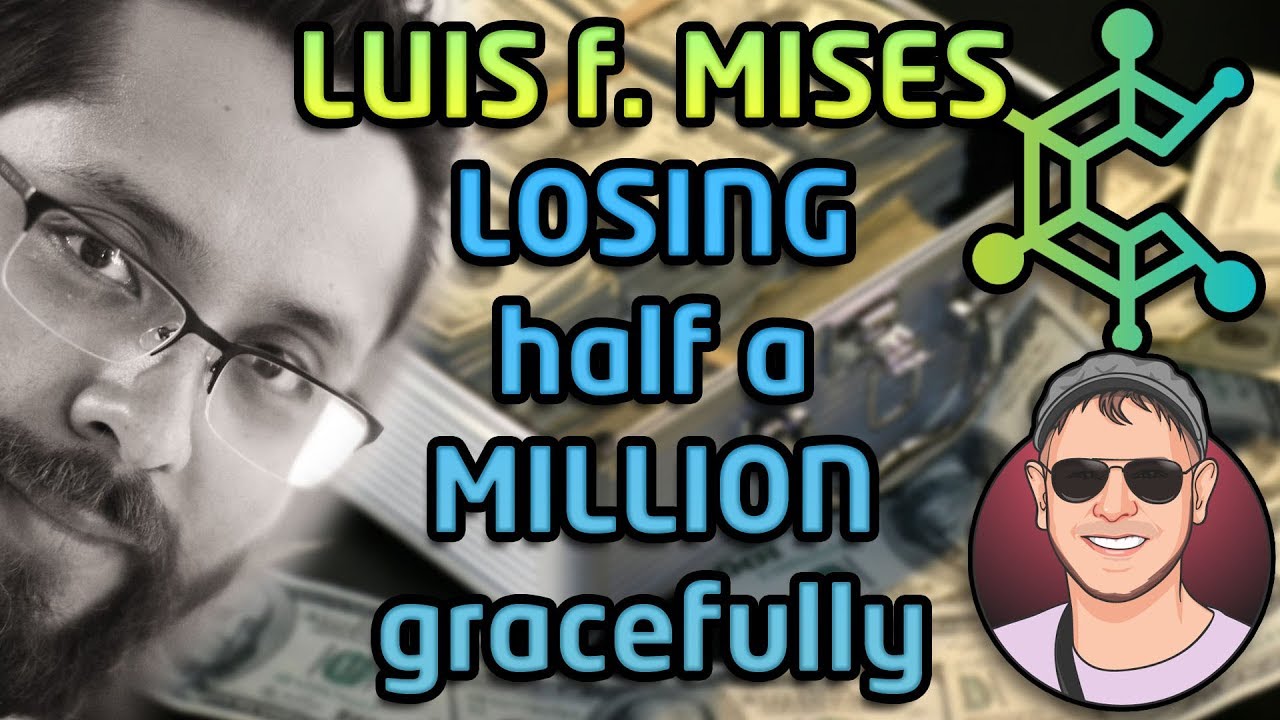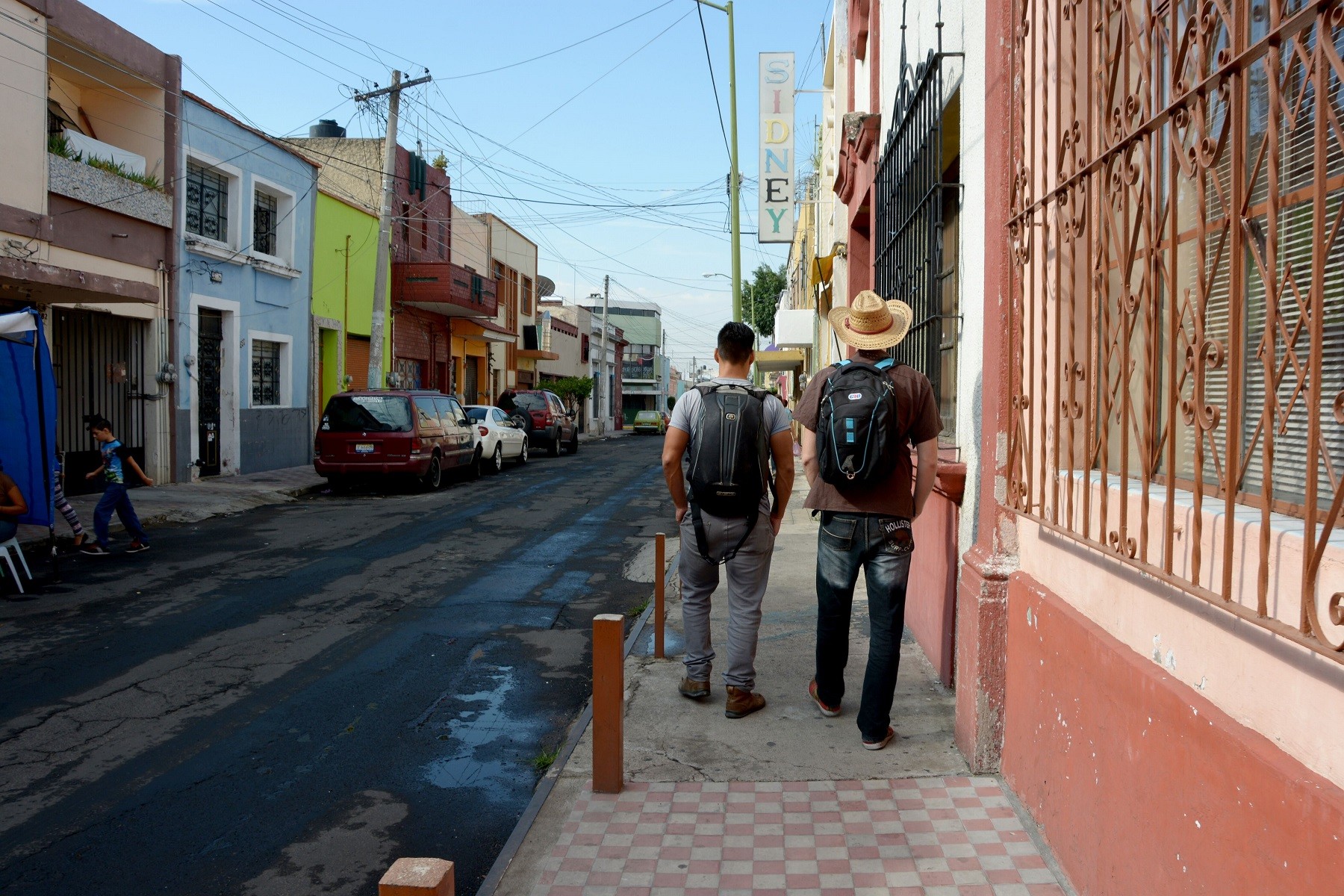
It’s common to hear stories of people losing hard drives that held millions of dollars of bitcoin, losing a crypto password or even getting your regular exchanged hacked so hard it never recovers. For a lot of people, it might be devastating to lose their life’s savings, and there’s even the cliché of the Wall Street traders ending it all after losing a fortune.
In this interview, “Emancipated Human” Luis Fernando Mises explains the things he focused on after a tragic loss – losing his best friend and his money at once. It’s always going to be tough, but with confidence in your own skills, the support of your loved ones, and the knowledge that you can always rebuild, life becomes a lot less stressful. Scroll down to listen or watch the episode.
Making the most of what you have
In this day and age, with so mobile phones, computers and video games, it’s easy to forget that just a couple of generations ago, people didn’t have that stuff. Most of our grandparents went through periods where they had very little disposable income, and if they wanted to have a good time, they would find ways to do it for free. It’s free to dance, to sing, to converse and make friends. The people who make the most of things when they have nothing are going to be happier when they have something, and working on the imagination develops your resourcefulness – helping you find ways to create wealth.

The cycle of wealth
Luis says his parents always told him that life is like a ferris wheel – sometimes you’re at the top, and sometimes you’re at the bottom. If times are bad, don’t take it too seriously, and when times are good, don’t take it for granted. Nobody can say how long either will last.
Respectful saving and spending
When some people get money, their inclination is to hoard it, to be very careful with how they spend it, and certainly not to risk it. For these people, showing respect for money means learning to spend it on things that may increase their quality of life, and to invest it on things that have a chance of increasing their wealth.
However, the opposite problem is much more common. Most people spend their paycheque as soon as they receive it, and find themselves scrambling for coins before the next pay cycle clicks over. In this case, being grateful for money means setting some aside for the bad times, and pausing before they invest their money, considering where it is best put to use.
Watch the episode Bitcoin is like poker to learn more about risk-inclined and risk-averse personalities.
Money makes you more like you are
Luis says, if you want to see the true nature of a person, give them power, money, stress, or booze. When people think there are less consequences of their actions, or when they’re pushed to their limit, you’re more likely to see what kind of person they are. We can all develop our character to be more consistent, to show respect for others even when there is no reward. The restraint we show in good times will make bad times much easier.

It’s not about the money
There’s always something to be grateful for, even if you lose all of your material wealth. If you lose your house, you still have your family. Lose your family, you still have your friends. Lose your friends, you still have your health.
The skills you build can stay with you a long time, as can the relationships. You may have a precious few who stick with you no matter what, and remind you not to risk forgetting that you are powerful, that divine power within you – to change, and be changed. Stay grateful!
Important links
Emancipated Human – listen to Luis’s podcast here, he also sells kratom
DFiles – Crypto in Venezuela
Bobaphet on Steemit
EFTnow on Steemit
Bitcoin is like poker – Cryptonomics
Photo credit – Judd Weiss
You can listen and subscribe on Anchor and other podcasting services here:
Cryptonomics – Losing half a mill and staying cool – Luis Fernando Mises
